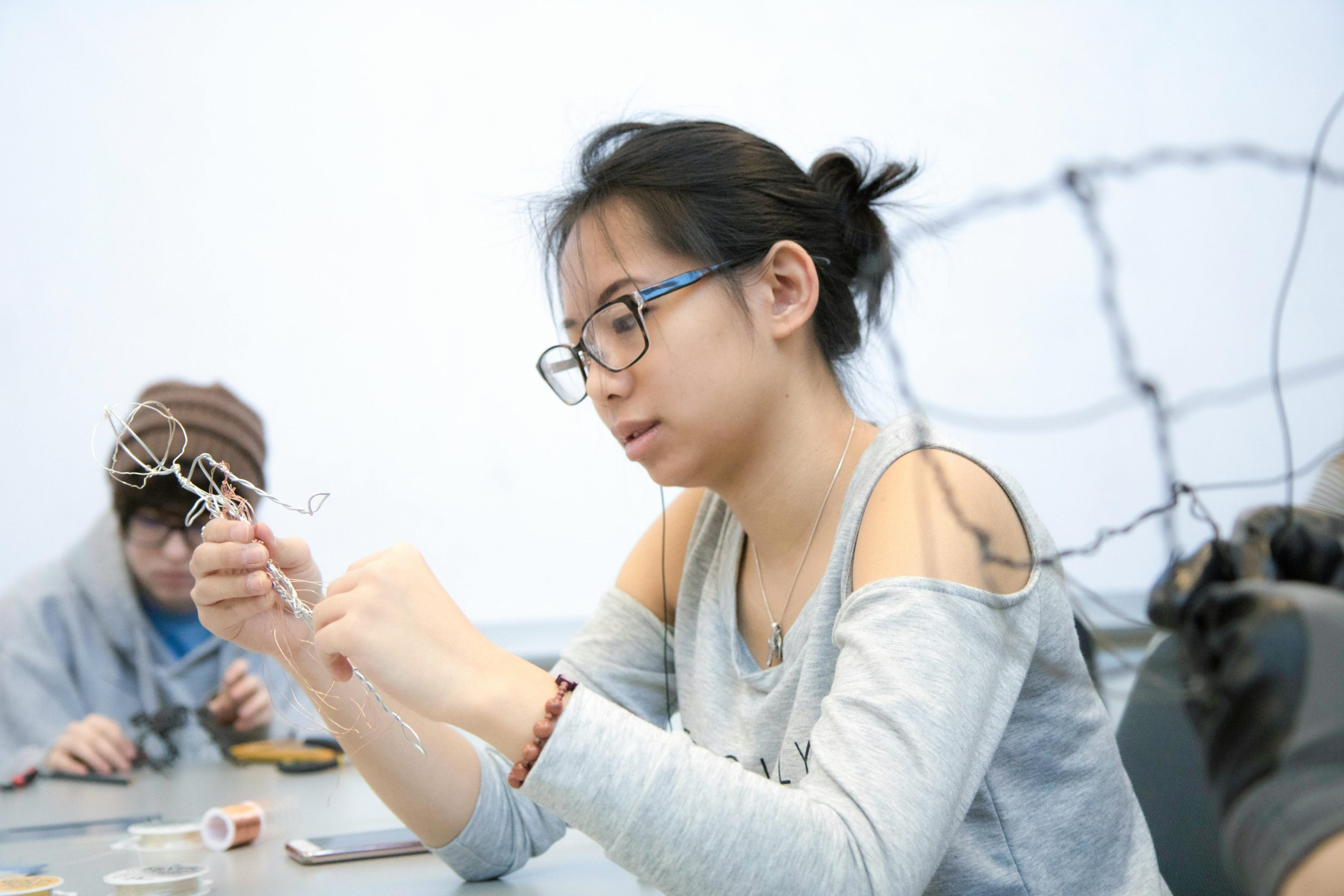Competency-Based Education: Focusing on Skills Rather Than Credits
In recent years, there has been a growing trend in the field of education towards competency-based learning. This innovative approach challenges the traditional model of education that is based on credit hours and instead focuses on acquiring specific skills and demonstrating proficiency in them. Competency-based education (CBE) is gaining popularity among students, employers, and educators, and it is poised to change the landscape of education as we know it. In this article, we will explore the concept of competency-based education and how it shifts the focus from credits to skills.
What is Competency-Based Education?
Competency-based education is an outcome-based learning approach that emphasizes the acquisition of specific skills and knowledge rather than the accumulation of credits. This approach is based on the belief that students should be evaluated on their ability to demonstrate mastery of a subject, rather than the time they spend sitting in a classroom. In CBE, students progress through a course or program by completing a series of competencies, or learning outcomes, rather than just attending lectures and taking exams. This allows students to move at their own pace and focus on areas they need to improve, without being held back by their peers.
The Shift from Credits to Skills
The traditional education system is based on the credit hour system, where students earn credits for completing a course. These credits are meant to measure the time students spend in a classroom, and they often have little connection to the skills that students learn. This model is flawed because it assumes that students will learn at the same pace and have the same level of understanding at the end of a course. However, every student is unique, and they learn in different ways and at different speeds.
Competency-based education focuses on the development of specific skills and ensures that students have a thorough understanding of the subject matter before moving on to the next stage. This shift from credits to skills means that students are evaluated on their understanding of a topic, rather than the time they spent on it. This allows for a more personalized and effective learning experience, giving students the opportunity to focus on their strengths and weaknesses and progress at their own pace.
The Benefits of Competency-Based Education
Flexible Learning
One of the most significant benefits of competency-based education is its flexibility. In traditional education, students have to follow a predetermined course schedule, which often does not account for individual learning styles or outside commitments. CBE allows students to learn at their own pace, providing them with the necessary flexibility to balance their studies with other responsibilities, such as work or family commitments.
A More Engaging Learning Experience
Unlike the traditional lecture-based model, CBE offers a more engaging learning experience for students. By focusing on skills and allowing for self-paced learning, students can actively work on developing their knowledge and skills. This approach also encourages students to take more ownership of their education, as they are responsible for demonstrating competency in each subject area.
Improved Employability
Competency-based education is highly regarded by employers, as it provides them with a clear understanding of what a student has learned and can do. By focusing on skills rather than credits, CBE prepares students for the workforce by equipping them with job-specific skills that are in demand. Employers often view competency-based education as a better indicator of an applicant’s abilities, making CBE graduates more attractive in the job market.
The Future of Education
With the changing demands of the job market and advancements in technology, competency-based education is becoming more relevant and necessary. This approach provides students with the skills and knowledge they need to succeed in their chosen fields, and it allows them to learn in a way that is best suited for them. As more institutions and employers recognize the value of CBE, it is likely that it will become the preferred mode of learning in the future.
In Conclusion
Competency-based education is a game-changing approach in the field of education. By shifting the focus from credits to skills, CBE offers students a more flexible and engaging learning experience, and it prepares them for the ever-changing demands of the job market. As more institutions adopt this model, we can expect to see significant shifts in the education system, and students will benefit from a more personalized and effective learning experience. It is an exciting time for education, and competency-based education is leading the way towards a brighter future.







